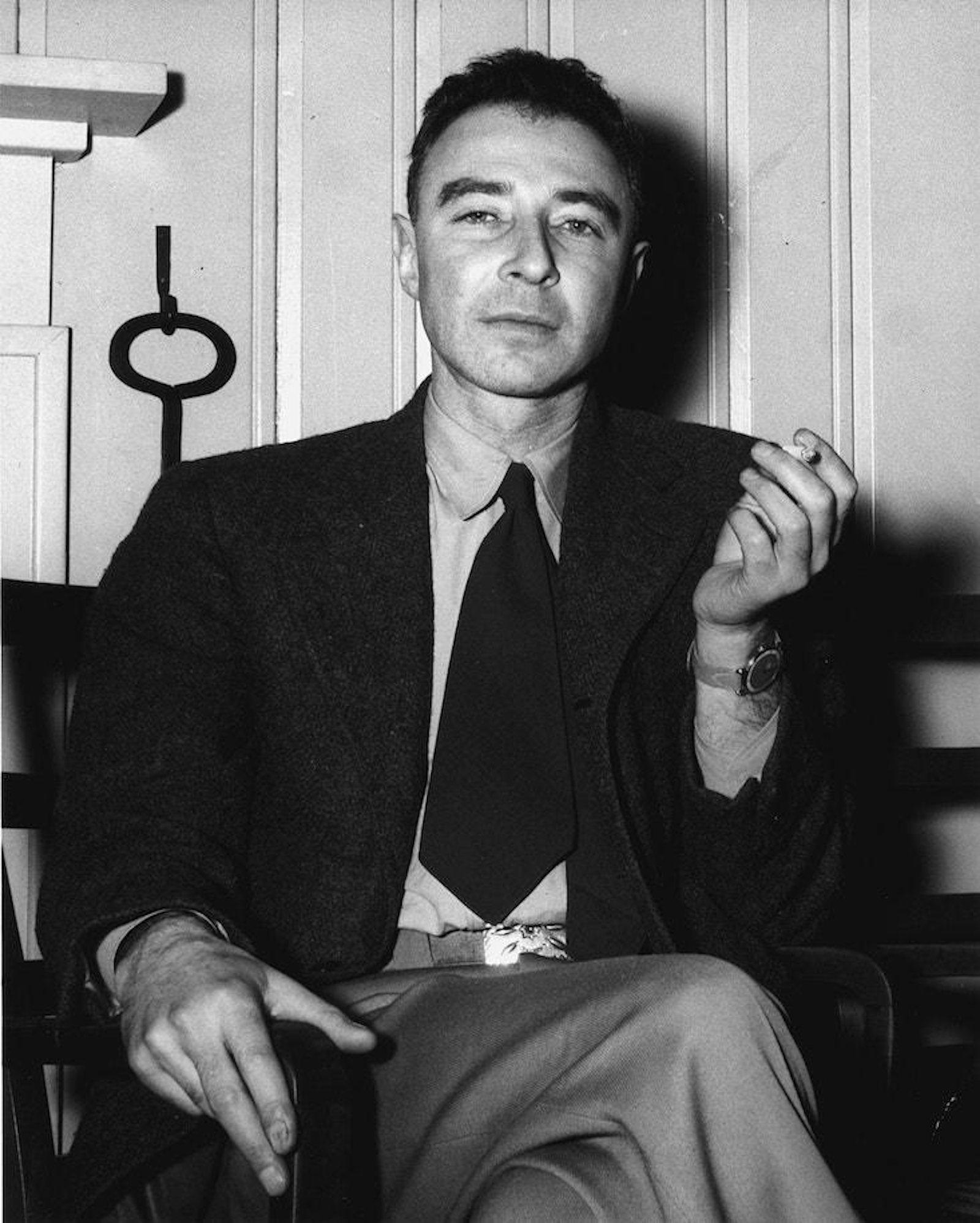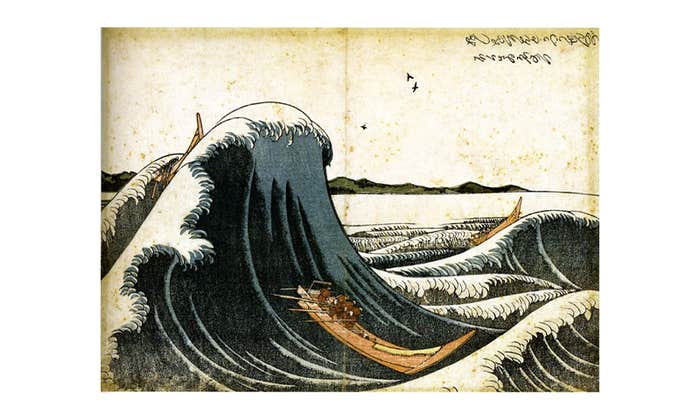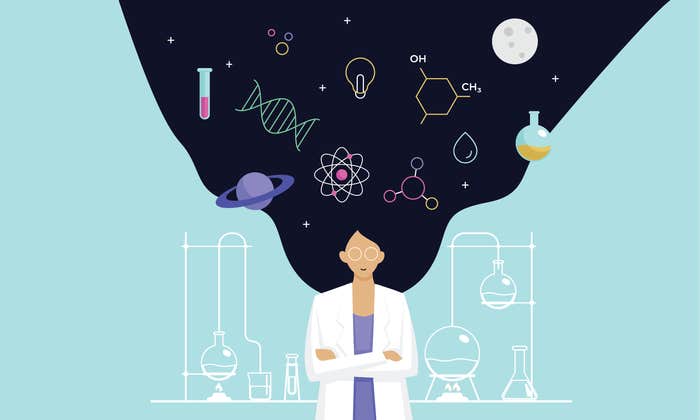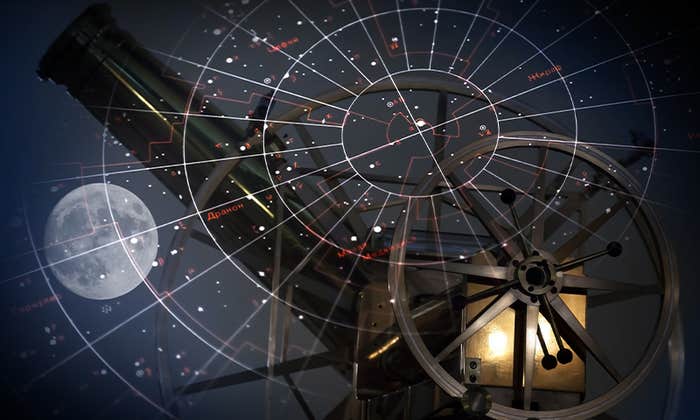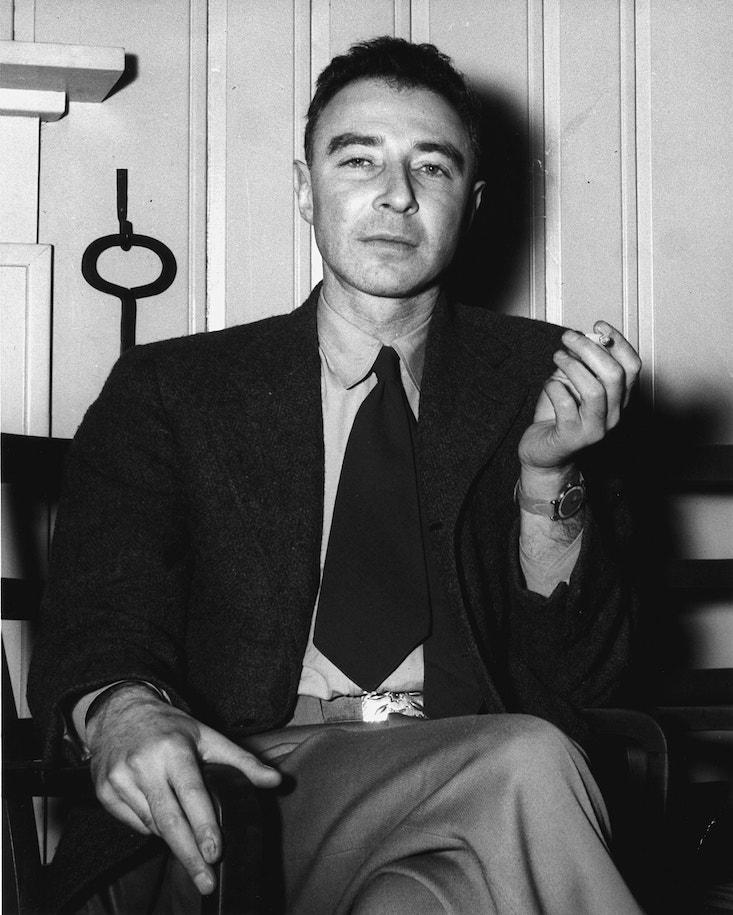
Kai Bird is miffed. His 2005 Pulitzer Prize-winning book American Prometheus: The Triumph and Tragedy of J. Robert Oppenheimer was exhaustively researched, but not quite to his satisfaction. Bird’s co-author, Michael J. Sherwin, had hit up Freeman Dyson, a theoretical physicist and mathematician, to open up about his time working with and under Oppenheimer, who, after having given birth to the atomic bomb, began directing the Institute for Advanced Study, in Princeton. Dyson never let loose that he had a store of letters Bird and Sherwin could rely on for their portrait of Oppenheimer. So this month, when Dyson published Maker of Patterns: An Autobiography Through Letters, Bird couldn’t help but twinge.
“As a reader, I was enthralled by this collection of Freeman Dyson’s letters,” he wrote this week, in the New York Times. “But as a biographer, I am most annoyed with him for having squirreled all these missives away. Long ago, this now 94-year-old physicist should have shared these nuggets of history.”
“They developed this theory of why black holes exist.”
Dyson recently shared many of those nuggets with Nautilus, in “My Life with the Physics Dream Team.” One lamentable fact about Oppenheimer’s career, Dyson revealed, was the overshadowing of his discovery of black holes. “That was done in 1939 with his student [Hartland Snyder]. They developed this theory of why black holes exist, how they are formed, and he got everything right. Essentially, he was the originator of black holes as a concept and it was a prediction that turned out to be true,” Dyson told interviewer Steve Paulson. “The sad thing was that this paper was published on the 1st of September, 1939—actually the day that Hitler walked into Poland. So the whole world was looking at Poland and not at Oppenheimer. That piece of work somehow got forgotten and Oppenheimer himself lost interest in it and he never went back to it later. It went out of his life and that was a shame. He could have done a lot more with it, so it all had to be redone 20 years later.”
Dyson had mixed feelings about Oppenheimer as a boss. “He was a very temperamental, unpredictable kind of character,” he said. “He would suddenly blow hot or cold and you never knew which one you had to deal with. He could be extremely generous and friendly or he could be very harsh. I had family problems when I came to the Institute and he was very helpful and generous on a personal level. He was a very good friend. On the other hand, he could be unreasonably brutal on scientific questions. He was very quick to judge and decide that somebody was no good, and then that was final.”
One person Oppenheimer decided was no good was the eventual Nobel Prize-winner Leon Cooper, who came to Princeton to work on superconductivity—the property of some objects that allows electricity, at very low temperatures, to flow through them with little to no resistance. It was a big, unsolved problem in the 1950s. “Cooper had this idea that superconductivity had something to do with pairs of electrons and Oppenheimer said that was total rubbish,” Dyson said. “Cooper tried to give a talk about his theory of superconductivity and Oppenheimer would just interrupt all the time and tell him why it was nonsense. He decided Cooper was no good, so Cooper left the Institute and went to Illinois, where he met [John] Bardeen and [John Robert] Schrieffer, and the three of them produced the correct theory of superconductivity, which was in fact Cooper’s idea. They all got the Nobel Prize and Cooper got his revenge.”
These are winsome testaments to his former biographical subject.
These sorts of observations infuse Dyson’s letters, which he wrote to his parents from 1941 to the late 1970s. About “Oppy,” he wrote, “I have been observing rather carefully his behavior during seminars. If one is saying, for the benefit of the rest of the audience, things that he knows already, he cannot resist hurrying one on to something else; then when one says things that he doesn’t know or immediately agree with, he breaks in before the point is fully explained with acute and sometimes devastating criticisms, to which it is impossible to reply adequately even when he is wrong.”
For Bird, these are winsome testaments to his former biographical subject. “Dyson is an excellent witness, an acute observer of personality and human foibles,” he writes, perhaps a bit wistfully. “This volume should make any reader pine for a deep memoir.”
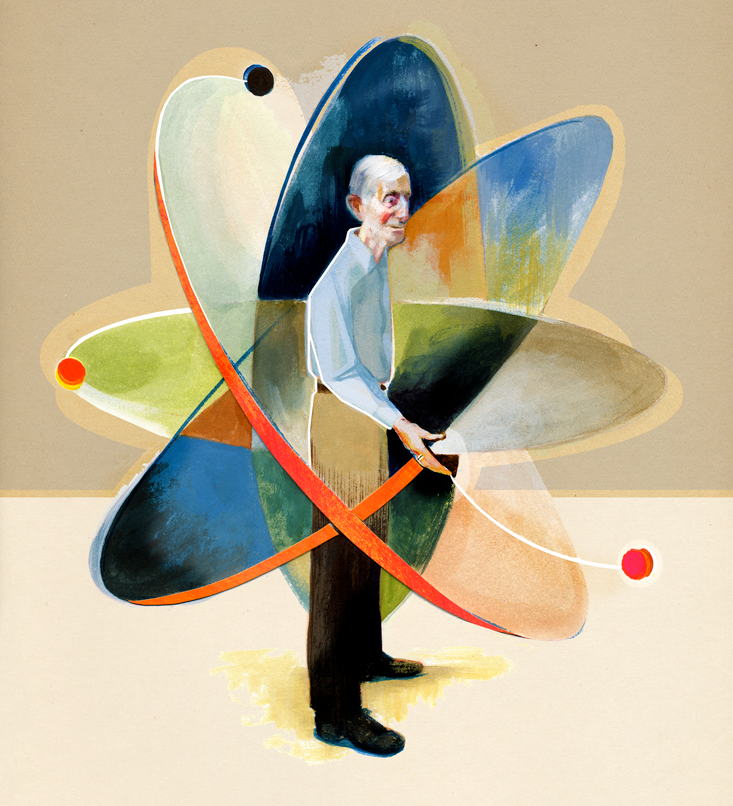
In the mean time, readers can be content with Dyson’s writing, most recently, on the deep future, and the laws, such as they are, that will get us there, in his piece for the New York Review of Books “The Key to Everything.” In the endgame of civilization, Dyson writes, “I see human freedom as the goal and the creativity of small human societies as the means to achieve it.”
Brian Gallagher is the editor of Facts So Romantic, the Nautilus blog. Follow him on Twitter @brianga11agher.



















